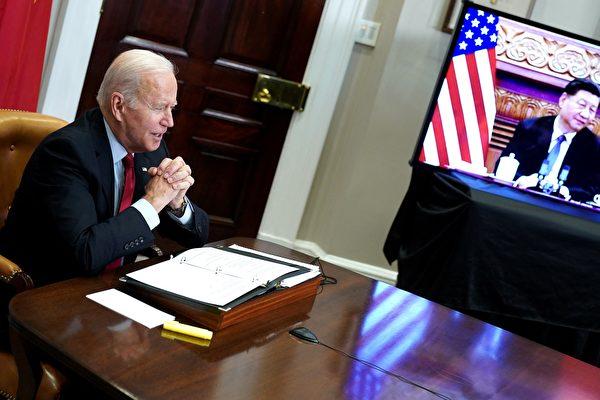In comments made on May 14, President Joe Biden recounted a recent conversation with Chinese leader Xi Jinping. The two discussed trade practices and Xi expressed concern regarding America’s treatment of China.
President Biden has reinstated former President Donald Trump’s policy of imposing tariffs on Chinese goods deemed unfairly traded. In the meantime, former President Trump has stated that he plans to escalate sanctions on China if reelected, underlining a renewed trend of tough U.S. action against the Chinese Communist Party (CCP). Experts believe that the United States’ tough stance against the CCP has become an irreversible trend.




